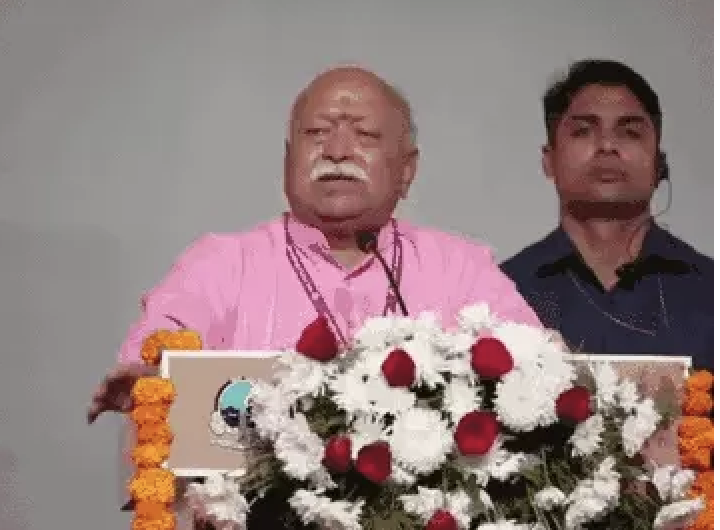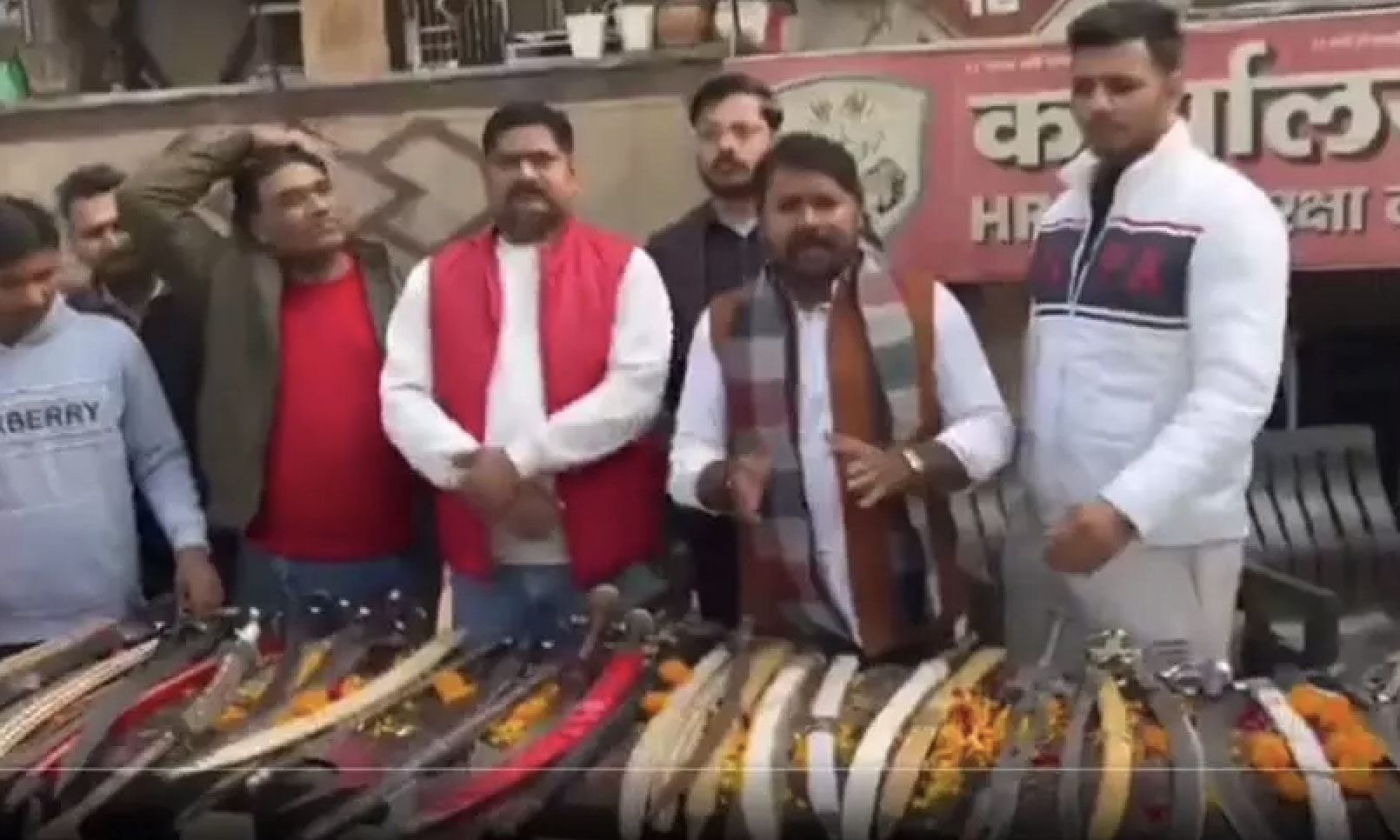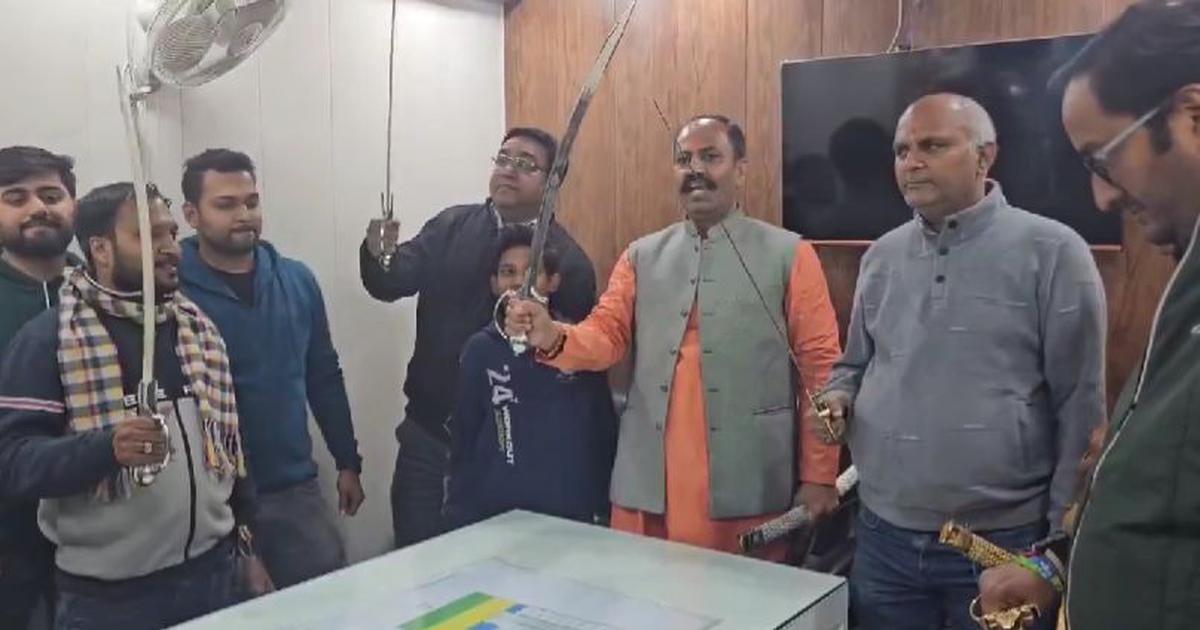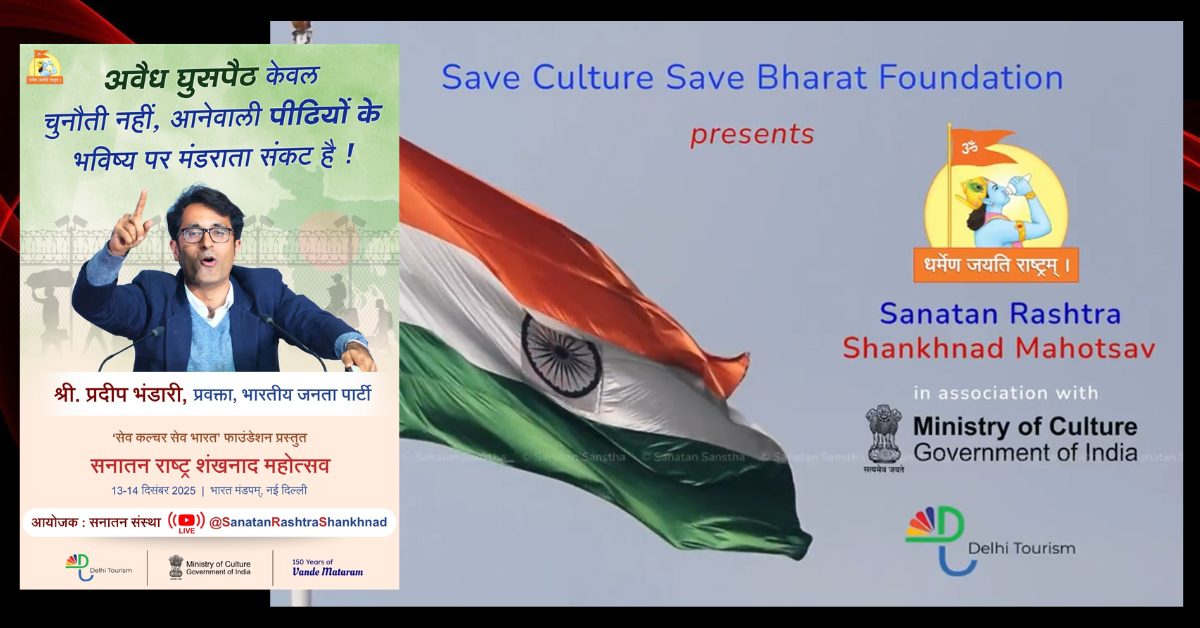By Aditya Mukherjee and Mridula Mukherjee
The recent deletions made from the NCERT textbooks have been explained by the NCERT director as a process of ‘rationalisation’ necessitated by the need to reduce the academic load on children who lost out due to the COVID-19 related disruption of their academic programme. Nothing could be further from the truth.
An analysis of the deletions from the history, sociology and political science texts, the political statements made by members of the ruling party in that context and the long history of the Hindu communalists trying to distort history will make this amply clear. It is in the same vein as the duplicity the communalists have exhibited historically. They never take responsibility for their actions. Unlike Bhagat Singh, Gandhi, Tilak and countless others who bravely took responsibility for their actions and faced the consequences, including exile, jail and the death penalty, we are told no organisation was responsible for Gandhi’s assassination (paras fixing the responsibility were removed from the NCERT texts), nobody committed what the Supreme Court called the “criminal act” of destroying the Babri Masjid, nobody was responsible for the Gujarat massacre (all sections removed from NCERT text).
Historical overview of distorting history
The RSS recognised very early that communal ideology constitutes the core of the communal project. A particular version of history in turn forms the core of communal ideology. Therefore, once the ban imposed on the RSS in the wake of the murder of Mahatma Gandhi was lifted after they pledged to work only as a cultural organisation, which would stay away from politics, they set themselves assiduously to the task of spreading communal ideology. Since the 1950s, the RSS, through their schools (the first Saraswati Shishu Mandir being inaugurated by RSS chief M.S. Golwalkar) and their textbooks, tried to promote a distorted, often totally imagined version of history. A version which demonised members of other religious communities.
RSS school texts, for example, would teach nine-year-old tender minds in class IV about Islam:
“Wherever they went, they had a sword in their hand…. Any country that came their way was destroyed. Houses of prayers and universities were destroyed. Libraries were burnt. Religious books were destroyed. Mothers and sisters were humiliated. Mercy and justice were unknown to them”
“Delhi’s Qutb Minar…. was actually built by emperor Samudragupta. Its real name was Vishnu Stambha…. This Sultan (Qutbuddin Aibak) actually got some parts of it demolished and its name was changed.”
Similar invective was reserved for the Christians, Parsees etc., who like the Muslims were defined as “foreigners” not deserving full citizenship rights, using Savarkar’s definition that only those whose “fatherland” (pitribhumi) and “holy land” (punya bhumi) were in India could claim to be Indians. (An absurd definition – if applied to all the Christians of Europe, America and Korea or to the Buddhists of Japan, it would make them foreigners in their own country as their holy lands were not in the country they inhabited!)
Use of state power to distort history
1977-79
While promoting this kind of history in RSS schools which had multiplied by the thousands over the years was bad enough, what was even more dangerous was that the RSS tried to use state power, whenever they had access to it, to introduce similar history in state-run schools and into the national curriculum and launched an attack on secular scientific history.
The first major attack came when the Janata party was in power from 1977-79, as the Jana Sangh, the political/electoral wing of the RSS, had merged with the Janata Party. The existing NCERT textbooks written by the tallest of our scholars, who were globally recognised, such as Romila Thapar, Bipan Chandra, Satish Chandra, R.S. Sharma and Arjun Dev, were sought to be banned. But at that time, the institutions in India were still functioning with considerable independence and the effort was resisted strongly, from within the NCERT itself, in the media and universities across the country. The books survived.
1999-2004
Next time round, when the NDA came to power at the Centre in 1999, the Bharatiya Janata Party, which had replaced the Jana Sangh as the political arm of the RSS, was in the driving seat. Learning from past experience, they removed key people from the syllabus committees and appointed pliant people to top administrative positions in the NCERT, UGC (University Grants Commission), ICSSR (Indian Council of Social Science Research) and ICHR (Indian Council of Historical Research), before launching a frontal attack on secular scientific historians.
On grounds of religious and community feelings being hurt, passages were sought to be deleted from NCERT textbooks written by R.S. Sharma, Romila Thapar, Bipan Chandra, Satish Chandra, etc. Notably, 41 passages which were sought to be removed had already been identified in a RSS publication, The Enemies of Indianisation: The Children of Marx, Macaulay and Madarsa, in which the newly appointed NCERT director J.S. Rajput himself had contributed an article. The secular scholars and those who defended them (which included the Indian History Congress, the most representative body of professional historians in the country, Nobel laureate Amartya Sen, President of India, K.R. Narayanan, editors of major newspapers, etc.) were described as “anti-national”. The RSS chief, K.S. Sudarshan, branded them as “anti-Hindu Euro-Indians”.
The alarming tendency of intimidating those who did not agree with the Hindutva (Hindu communal) version of history was evident when a group of self-appointed protectors of Indian nationalism collected at the house of education minister Murli Manohar Joshi and demanded the arrest of historians like Romila Thapar, R.S. Sharma and Arjun Dev. The minister added fuel to this fascist tendency, branding the history written by these scholars as “intellectual terrorism”, which was “more dangerous than cross border terrorism” that needed to be countered effectively!
Eventually, the existing NCERT books written by ostensible “intellectual terrorists” were removed and a new set of books were brought in. Such was the poor quality of the books and the communal bias that was being dished out to our children that the Indian History Congress was constrained to bring out a book in 2003 called History in the New NCERT Textbooks: A Report and an Index of Errors. The report concluded: “Often the errors are apparently mere products of ignorance; but as often they stem from an anxiety to present History with a very strong chauvinistic and communal bias. The textbooks draw heavily on the kind of propaganda that the so called Sangh Parivar publications have been projecting for quite some time.”….
This story was originally published in thewire.in. Read the full story here






